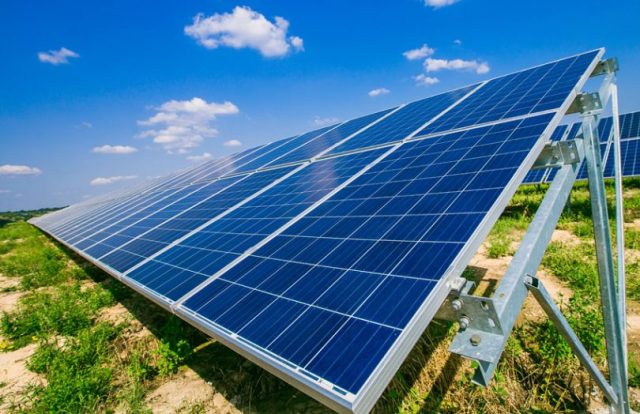The American Alliance for Solar Manufacturing Trade Committee has lodged antidumping and countervailing duty petitions with the U.S. International Trade Commission (USITC) and the U.S. Department of Commerce.
The American Alliance for Solar Manufacturing Trade Committee’s members includes U.S. solar manufacturers such as Convalt Energy, First Solar, Meyer Burger, Mission Solar, Qcells, REC Silicon, and Swift Solar. They are represented by DC law firm Wiley Rein LLP.
The objective is to probe suspected illegal trade practices by Cambodia, Malaysia, Thailand, and Vietnam, believed to be adversely affecting the U.S. solar industry. Notably, the focus of this investigation centers on companies primarily headquartered in China.
According to Tim Brightbill, co-chair of Wiley’s International Trade Practice and lead counsel to the petitioner, the surge in the U.S. solar manufacturing industry is under threat due to China’s industrial policy, characterized by extensive subsidization in China and Southeast Asia.
This, he claims, has led to a surge in dumping activities in global markets, including the U.S., causing harm to domestic producers. “We are seeking to enforce the rules, remedy the injury to our domestic solar industry, and signal that the U.S. will not be a dumping ground for foreign solar products,” Tim Brightbill said.
This legal action follows less than a year after the U.S. Department of Commerce’s final determination that Chinese solar manufacturers were evading tariffs on solar cells and panels by routing their products through Cambodia, Malaysia, Thailand, and Vietnam. Despite this finding, a two-year moratorium on tariffs was imposed, granting Chinese-owned manufacturers in these nations time to rearrange their supply chains. However, companies found to be circumventing tariffs are not anticipated to pay tariffs when the moratorium concludes in June 2024. This latest trade case is essential to address alleged unfair trade practices by solar manufacturers in the mentioned Southeast Asian countries.
The proliferation of alleged dumping and subsidization of products from Southeast Asia, purportedly to circumvent U.S. trade regulations, has led to an unprecedented surplus of solar panels, believed to be sold below production costs. According to the International Energy Agency (IEA), American warehouses are stocked with a year and a half’s worth of panels. Furthermore, imports into the U.S. surpassed installations in 2023 by over 25 gigawatts, resulting in a more than 50 percent decline in prices during that period.
These actions, occurring in the context of recent remarks by U.S. Treasury Secretary Janet Yellen highlighting China’s overcapacity and its adverse effects on global prices and production patterns, underscore the urgency of addressing these issues. The dominance of Chinese-owned companies in the global solar products market, exceeding 80 percent, poses significant challenges to U.S. ambitions of fostering a domestic solar manufacturing supply chain and reducing reliance on Chinese solar technologies.
The seven member and supporter companies of the American Alliance for Solar Manufacturing Trade Committee, representing a workforce of 34,000 in the solar manufacturing industry, intend to add tens of thousands more jobs to the U.S. economy in the forthcoming years. These investments are crucial for achieving U.S. climate objectives, with studies suggesting significant emissions reductions by onshoring the solar supply chain. For instance, Cornell University research indicates that onshoring could reduce global solar manufacturing emissions by 30 percent.
Moving forward, the Commerce Department will decide whether to initiate investigations within 20 days of the petition filing, while the USITC will make a preliminary determination regarding material injury within 45 days. The entire investigative process is expected to take approximately one year, with final determinations likely in spring 2025. Preliminary countervailing and antidumping duties are anticipated to be collected around four to six months after initiation. The products under scrutiny are crystalline silicon photovoltaic cells from Cambodia, Malaysia, Thailand, and Vietnam.

